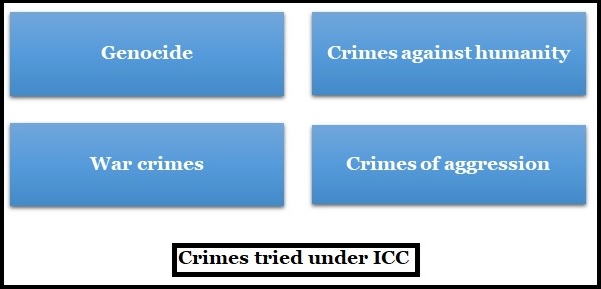7667766266
enquiry@shankarias.in
Recently, the Tribunal for the Rights of Nature said Mexico’s Maya train project has caused “crimes of ecocide and ethnocide”.
Ecocide, derived from Greek and Latin, translates to ‘killing one’s home’ or ‘environment’.

References